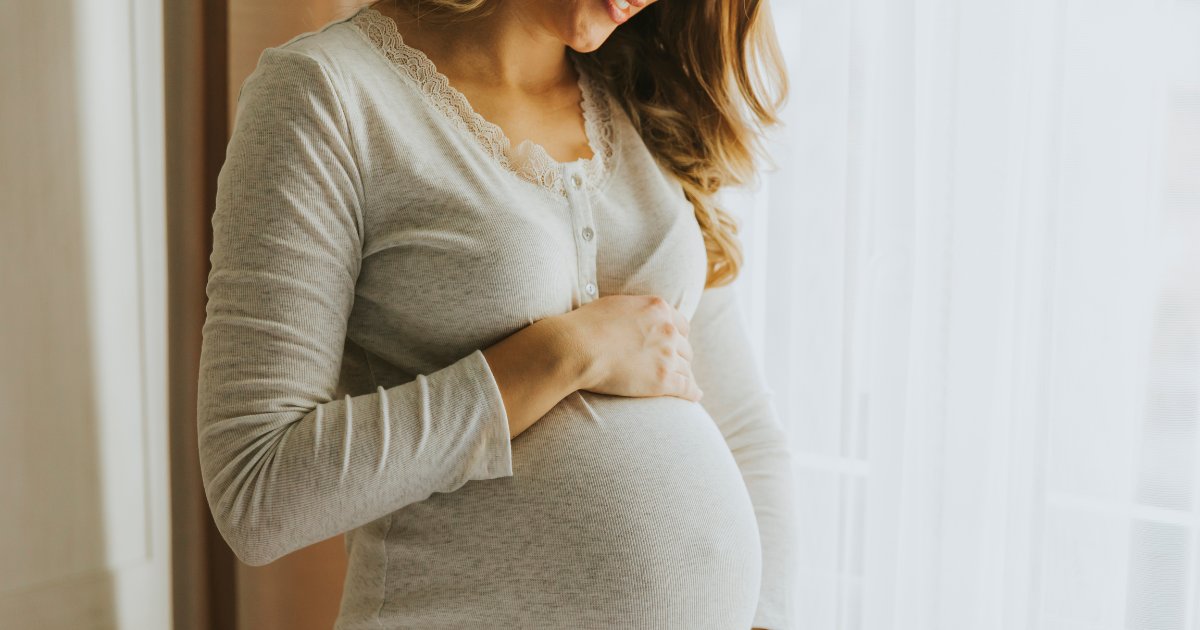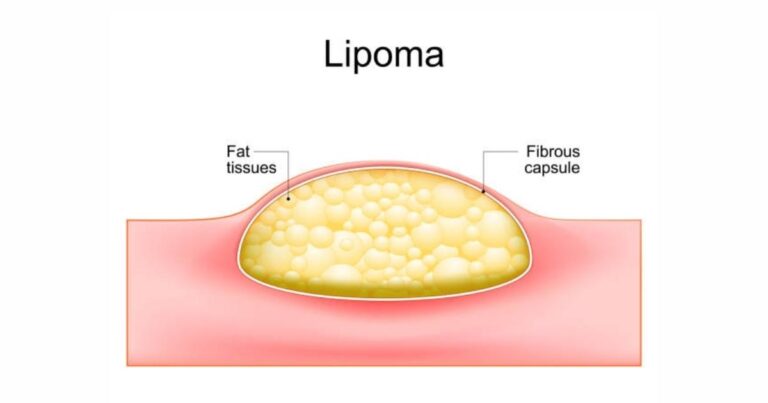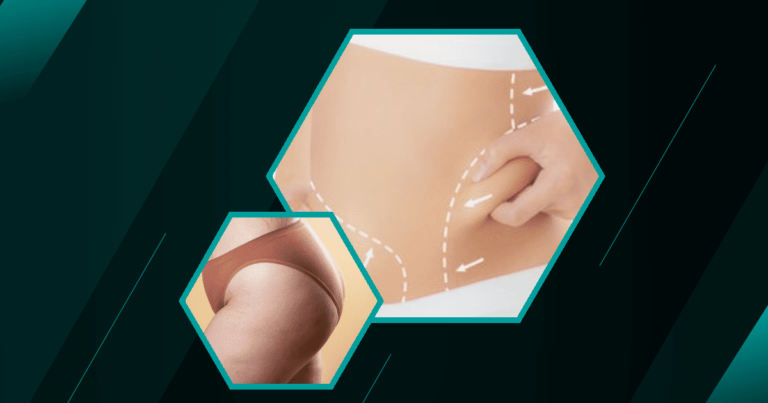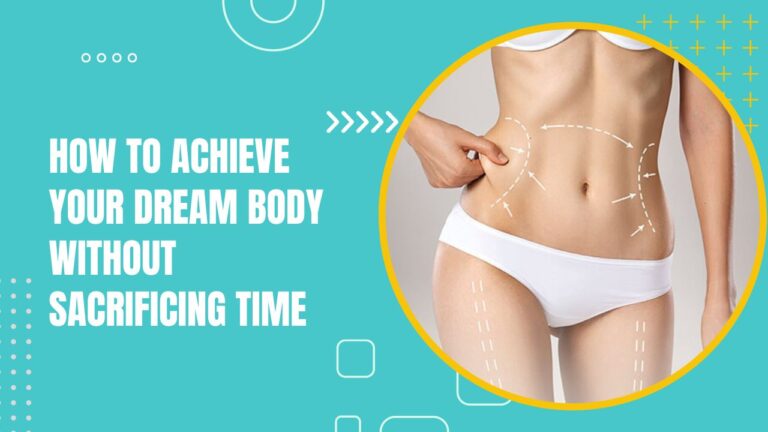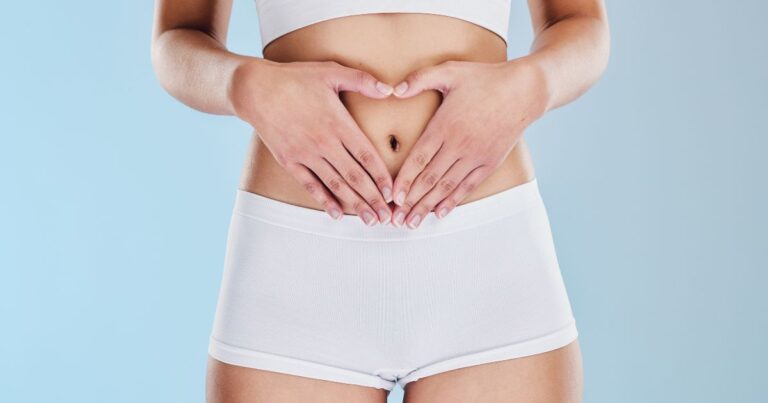Liposuction is a popular cosmetic surgery that removes fat deposits from specific areas of the body. As one of the most commonly performed plastic surgeries worldwide, many women consider liposuction before having children. However, a common concern is – does liposuction affect future pregnancy?
Getting liposuction before pregnancy is generally safe. Most women go on to have healthy pregnancies and babies after the procedure. However, liposuction can impact factors like skin elasticity. Understanding the possible effects of liposuction on childbearing can help make an informed decision.
How Liposuction Works
Before examining how liposuction impacts pregnancy, it helps to understand what the procedure entails.
Top Liposuction is a procedure that removes excess fat from specific areas of the body to help improve body shape and contour. it is often used to target stubborn fat that is resistant to diet and exercise.
Liposuction slims and reshapes specific areas of the body by removing excess fat deposits. A plastic surgeon inserts a small tube called a cannula through tiny incisions in the skin. The cannula is attached to a vacuum device that suctions out fat.
Book A Consultation With Dr Tarek Bayazid
Top-rated Plastic Surgeon For Liposuction in Dubai
Installment Plan Available
Common treatment areas include the following:
- Abdomen
- Flanks or “love handles”
- Inner and outer thighs
- Back
- Arms
- Face and neck
Liposuction removes fat cells from the body permanently. However, it does not prevent future weight gain. The remaining fat cells can still expand if a person gains a significant amount of weight.
Does Liposuction Affect Future Pregnancy?
The question of “Does liposuction affect future pregnancy?” is common among women considering this procedure. The effects of liposuction on getting pregnant and carrying a child fall into two camps – physical impacts and aesthetic impacts.
Physical Effects
Fortunately, liposuction causes no physical complications that make getting pregnant more difficult or endanger a resulting pregnancy.
- Liposuction does not damage internal organs or reproductive structures needed to conceive and carry a healthy pregnancy. The fat removal occurs superficially, just under the skin.
- Hormone levels remain unaffected. Some procedures, like abdominoplasty, can interfere with hormones or periods. Liposuction does not create these risks.
- Liposuction does not cause scar tissue deep inside the body or around critical organs. Scarring occurs only immediately under the skin at incision sites.
The bottom line is liposuction surgery has no physical impact on a woman’s ability to get pregnant after.
Aesthetic Effects
Pregnancy can reverse some aesthetic effects of liposuction. As the uterus expands and women gain pregnancy-related weight, areas treated by liposuction may lose their improved contour.
- During pregnancy, women commonly gain weight in the abdomen, arms, and thighs – frequent liposuction targets. This new fat can diminish surgical results.
- The skin may lose tightness and smoothness as the body expands, especially in the mid-section.
- Some patients experience temporary dimpling or irregularities if they gain significant weight.
The good news is that aesthetic changes are not permanent in most cases. Many women find their surgical results are restored after pregnancy weight loss through diet and exercise.
Nevertheless, pregnancy can impact the results and improvements provided by liposuction in the long term.
Liposuction and Changes During Pregnancy
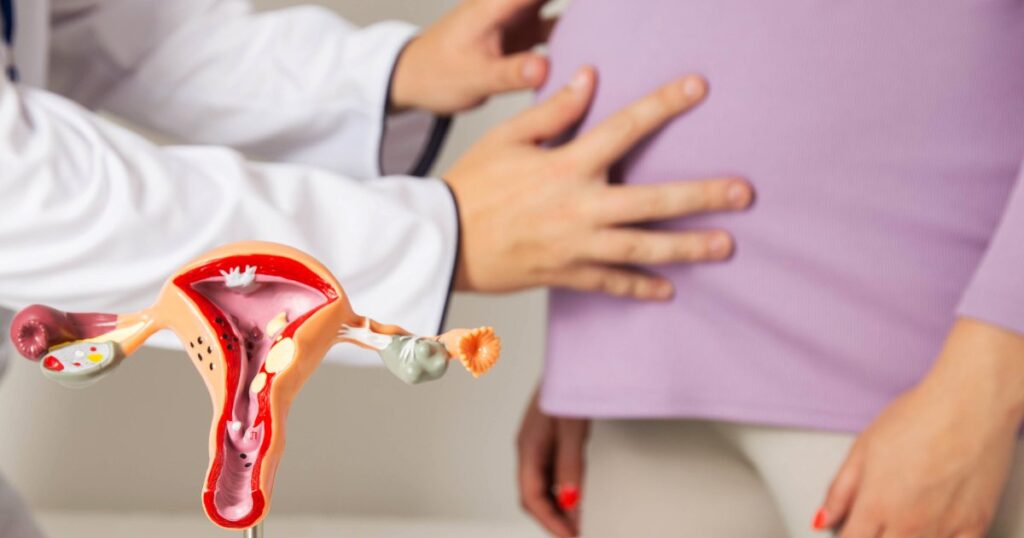
Liposuction permanently removes fat cells from treated body parts. However, the cells that remain can still expand and contract. Pregnancy involves rapid weight gain and expansion as the baby grows. So, how does liposuction impact these pregnancy-related body changes?
Weight Gain in Pregnancy
Most women gain between 25-35 pounds over the full term of pregnancy. While liposuction removes some fat cells for good, weight gain still occurs in untreated areas.
Overall, the amount of recommended pregnancy weight gain does not necessarily change after liposuction. However, some women gain a bit less because certain treated areas cannot expand. Always follow your doctor’s guidance on healthy weight goals during and after pregnancy.
Skin Elasticity Concerns
Along with weight gain comes rapid skin expansion over the 9-month gestation period. Liposuction may impact the skin’s ability to stretch as the baby grows.
Does liposuction affect future pregnancy skin changes? In some cases, yes. The procedure could reduce skin elasticity. The skin may retain some laxity or “slack” after liposuction removes underlying fat. Scarring beneath the skin from the procedure can also inhibit elasticity.
Limited elasticity becomes more noticeable in areas like the abdomen. A woman may develop stretch marks or loose skin more easily following pregnancy.
The risk varies based on factors like:
- Amount of fat removed
- Post-liposuction weight fluctuations
- Skin type and age
Discussing elasticity concerns with your plastic surgeon is essential before planning pregnancy.
Impact on Pregnancy Weight Distribution
Typically, women carry pregnancy weight gain differently in their second or third pregnancy compared to the first. Liposuction can also shift where weight distribution occurs.
This redistribution does not negatively impact pregnancy. However, understanding the possible effects of liposuction beforehand allows for better planning.
long-term Changes after Pregnancy
Aside from pregnancy itself, having children causes long-term bodily changes as well. Do these postpartum changes interact with prior liposuction procedures?
Post-Baby Weight Loss
Many women find it harder to slim down after having kids. Pregnancy and nursing promote fat storage in certain areas. For those who had liposuction, fat distribution may differ across the body when losing postpartum weight.
Post-baby fat storage areas:
- Hips
- Back
- Thighs
- Arms
With proper diet and exercise, women can achieve healthy postpartum weight loss over time. However, the distribution of stubborn fat deposits may look different following liposuction. Being aware of this pattern allows for better management after pregnancy.
Stretch Marks and Loose Skin
Up to 90% of women develop stretch marks during pregnancy as the skin rapidly expands. They most often occur over the breasts and abdomen.
Does liposuction worsen the risk or appearance of stretch marks after pregnancy? In some cases, yes. As noted, removing fat cells can impair skin elasticity. The loss of elasticity worsens with age as well.
Likewise, loose abdominal skin and diastasis recti (separation of the abdominal muscles) are more common after pregnancy. Liposuction sometimes contributes to lax skin by eliminating underlying fat support. The more extensive the fat removal, the higher the risk.
Keep in mind that many factors affect stretch marks and loose skin, not just liposuction. Genetics, age, and the degree of weight gain/fluctuations also play a role. However, discussing skin’s potential to “bounce back” after pregnancy is prudent if considering pre-baby lipo.
Recovery Considerations after Pregnancy
Expanding and contracting skin takes a toll both during and after pregnancy. If undergoing liposuction beforehand, preparing the skin for recovery is vital.
Use moisturisers and massage techniques to improve skin health before trying to conceive. Once pregnant, continue caring for the skin to maximise elasticity throughout weight fluctuations.
- After childbirth, allowing the body adequate healing time is crucial as well. Following pregnancy, wait at least 3-6 months before considering any revision liposuction or corrective procedures. Allow the skin to stabilise and postpartum hormones to balance before additional surgery.
- Having realistic expectations about liposuction and pregnancy outcomes leads to better satisfaction in the long term.
Ideal Timing for Liposuction
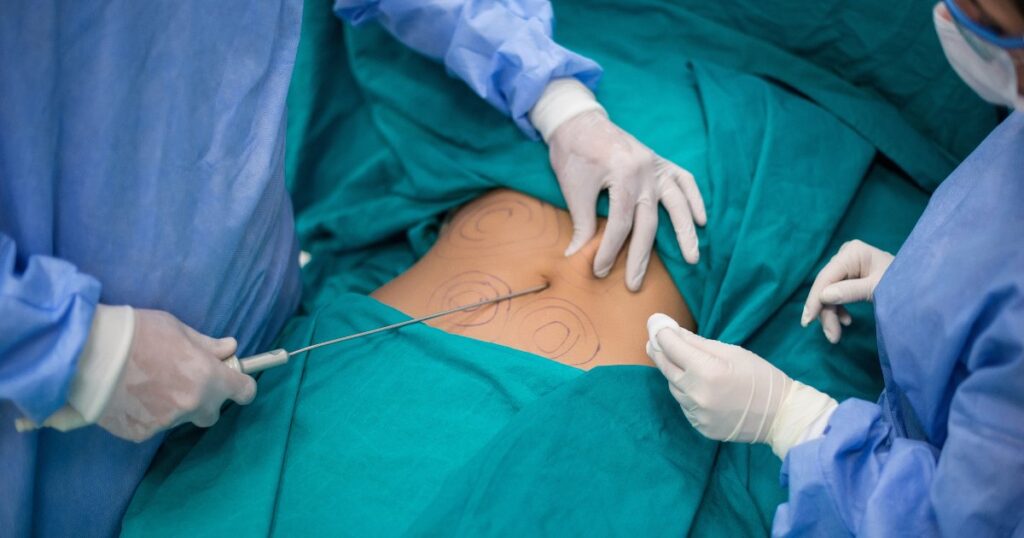
When is the best time for liposuction related to future pregnancies? The optimal timing depends on several factors.
| Timing | Pros | Cons |
| During Pregnancy | None – not possible | Pregnancy stresses make it dangerous |
| < 6 weeks postpartum | Can address baby fat early | Higher complication risks |
| 6-12 months postpartum | Let the body stabilise after birth | May still see further changes later |
| 12+ months postpartum | Reach plateau, finished family | Prolong frustrations with body |
| 6+ months pre-conception | Safe for future pregnancy | Lose results sooner with baby body |
| 1+ years pre-conception | Enjoy some results before the baby | Hormones start fluctuating |
Most doctors agree the safest, most effective time frame is six months to a year following your last intended pregnancy. This allows effects to endure while you complete your family. Thigh Liposuction: Cellulite Remedy? is a procedure where doctors remove fat from your thighs to reduce cellulite. It’s like vacuuming out the unwanted fat to make your skin smoother. Liposuction Fat Journey is a process where doctors remove extra fat from your body to make you healthier. It’s like a trip your fat takes from being in your body to being gone!
Conclusion:
Can liposuction affect future pregnancy outcomes? In the majority of cases, women go on to have healthy pregnancies and babies after liposuction. But, some impacts may occur surrounding weight gain patterns, skin changes, and postpartum recovery.
The best practice is selecting an experienced, reputable surgeon for your liposuction procedure. During consultations, discuss any plans for potential pregnancies. Surgeons consider each patient’s unique goals and anatomy when advising treatment options.
An expert can help minimise pregnancy-related liposuction risks surrounding issues like skin laxity or stretch marks. They also guide optimal timing and preparation for surgery. Following your doctor’s specialised recommendations offers the best chances of satisfactory outcomes.
Ultimately, open conversations empower patients to make fully informed choices. This allows both achieving one’s aesthetic goals and having a healthy family in the future with liposuction.
Dr Tarek Bayazid is a board-certified plastic surgeon based in Dubai with extensive experience performing liposuction and other body contouring procedures. Known for his natural-looking results, patient safety, and artistic eye, Dr. Bayazid develops a personalised treatment plan aimed at impacting each client’s quality of life.
To learn more about liposuction for your unique situation and goals, contact our office today to book a consultation with Dr. Bayazid .
FAQs About Liposuction and Pregnancy
Is liposuction safe if I want to get pregnant in the future?
Yes, liposuction is generally considered safe for those wanting children in the future. Except for rare instances of reproductive damage from extensive abdominal procedures, the surgery does not affect fertility or the ability to conceive.
Can I still gain the full recommended pregnancy weight after liposuction?
Most patients can still gain a healthy amount of weight in pregnancy after liposuction. However, since fat cells are permanently removed from treated areas, some women gain slightly less weight overall. Follow your doctor’s guidance for your goals.
How long should I wait to get pregnant after having liposuction?
Allow your body at least six months of healing before trying to conceive following liposuction. This enables treated areas to stabilise and for you to see final contour results before they potentially change with pregnancy.
Does liposuction increase the risk of getting stretched skin or sagging after pregnancy?
Yes, by removing underlying fat cells, liposuction may impair skin elasticity over time. This damage can worsen stretch marks, loose skin, and sagging after the extreme abdominal expansion of pregnancy.
When is the best time to have liposuction if I may want kids someday?
After liposuction, the body needs time to stabilise. For women who have already had kids, waiting at least 3-6 months after childbirth enables proper healing before body contouring procedures. An experienced surgeon can advise you on optimal timing.
